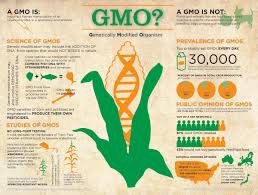Travel Tips
Lorem ipsum dolor sit amet, consectetur adipiscing elit.

 Prof. MS swaminathan and GM Crops
Prof. MS swaminathan and GM Crops
What is the news?
GM Crops, A research paper co-authored by leading agriculture scientist M.S. Swaminathan, which describes Bt cotton as a ‘failure,’ was criticised by India’s Principal Scientific Adviser (PSA), K. VijayRaghavan as ‘deeply flawed’.
The paper, ‘Modern Technologies for Sustainable Food and Nutrition Security’, appears in the latest issue of the peer-reviewed journal Current Science.
It is authored by P.C. Kesavan and Prof. Swaminathan, senior functionaries of the M.S. Swaminathan Research Foundation (MSSRF).
The article is a review of crop development in India and transgenic crops — particularly Bt cotton, the stalled Bt brinjal as well as DMH-11, a transgenic mustard hybrid. The latter two have been cleared by scientific regulators but not by the Centre.
What is a GM Crop?
What is the aim of GM crops?
What are the GM crops allowed in India?